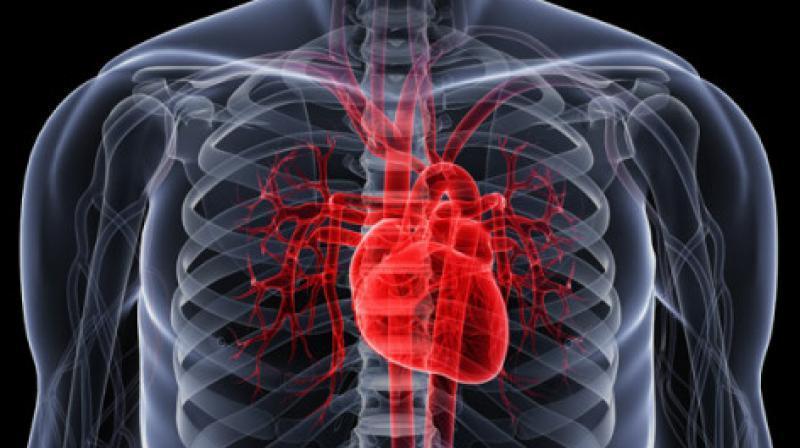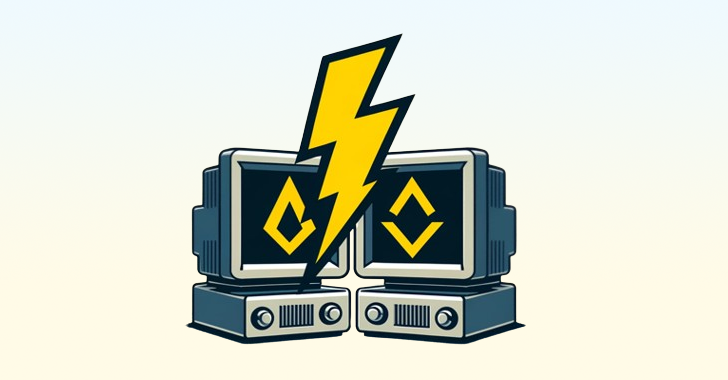Scientists from the Binghamton University in New York have explored with using a person’s heartbeat as a password for encrypting and then decrypting personal data.
Researchers say that each person possesses a unique electrocardiograph (ECG), which just like fingerprints and iris, can be used for authentication.
Binghamton researchers say that systems can be created that use these generally stable ECG measurements as keys for encrypting data and storing data.
Basically, scientists are proposing to replace random data (entropy) or static encryption keys with ECGs and use these unique parameters to secure a person’s data.
What is ECG?
Electrocardiography (ECG or EKG*) is the process of recording the electrical activity of the heart over a period of time using electrodes placed on the skin. These electrodes detect the tiny electrical changes on the skin that arise from the heart muscle’s electrophysiologic pattern of depolarizing during each heartbeat.
Computing power Will be required very less:
While most home computers and web servers can handle these operations, IoT and smart devices don’t have the processing power to deal with these calculations. Hence, most of them can’t support encryption and end up exposing data. Researchers cite the high computational costs of supporting proper entropy and encryption using classic techniques.
Using an ECG-based biometrics solution simplifies the implementation details, making this a viable solution for smart healthcare devices.
Scientists say that a patient’s data and personal files could be immediately encrypted and managed via a central healthcare data storage server as soon as the patient’s heartbeat is acquired. This should, in theory, safeguard the data from any intruder who can’t reproduce the user’s unique ECG.
A doctor could just press a biometrics sensor against a patient’s skin for a few seconds and immediately access patient files.
“The ECG signal is one of the most important and common physiological parameters collected and analyzed to understand a patient’s’ health,” said Zhanpeng Jin, assistant professor in the Department of Electrical and Computer Engineering at the Thomas J. Watson School of Engineering and Applied Science at Binghamton University.
“While ECG signals are collected for clinical diagnosis and transmitted through networks to electronic health records, we strategically reused the ECG signals for the data encryption,” Jin added. “Through this strategy, the security and privacy can be enhanced while minimum cost will be added.”
What are the Remaining Causes?
- if ECGs aren’t rolled out as passwords for all sorts of online services and only used to safely store medical records, what happens to the encrypted data (medical records) after the patient dies?
- ECGs change due to age, illness, or injury, a problem which researchers still haven’t found a way to solve.
- Regular text-based passwords can be changed withing seconds when exposed in a data breach. What happens when a person’s ECG footprint leaks online, and anyone can reproduce it? How does a person protect all the information he encrypted using his heartbeat?









